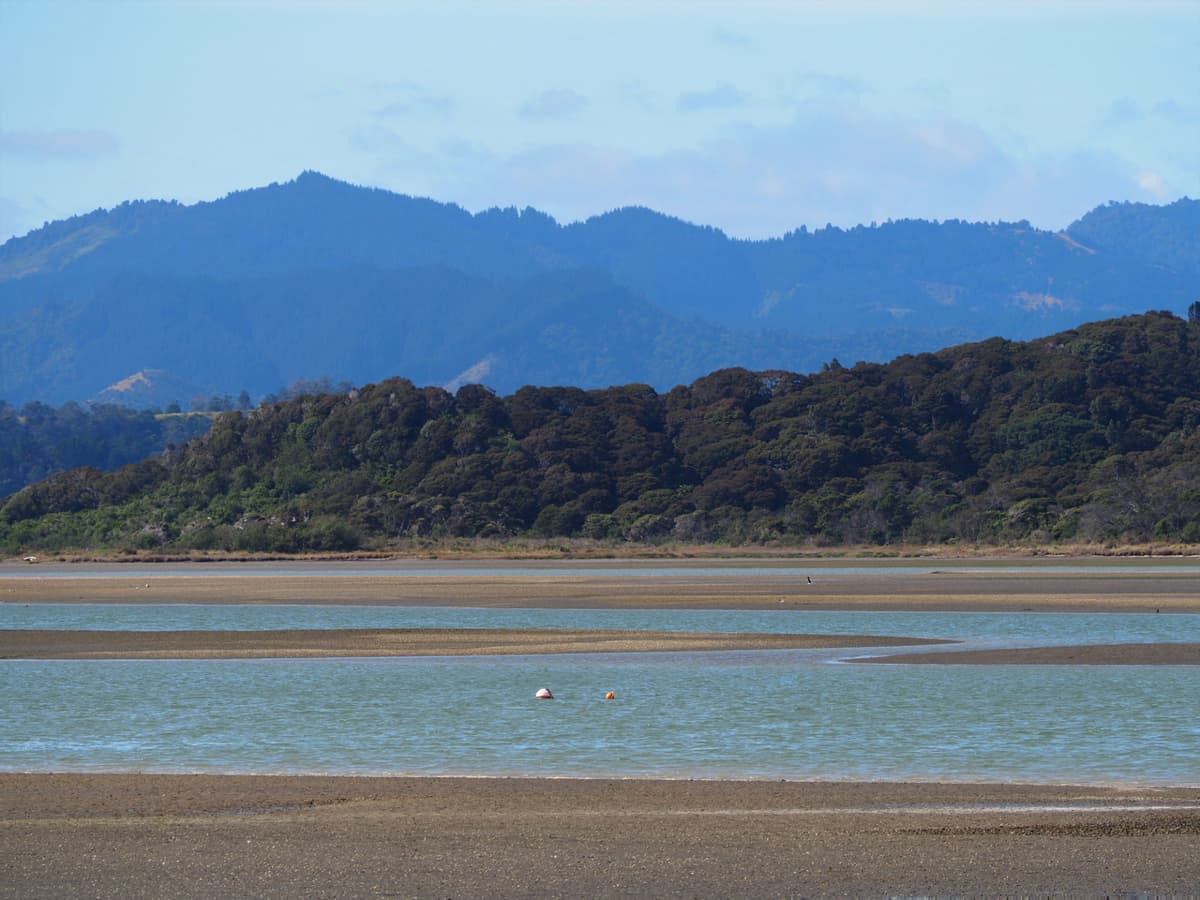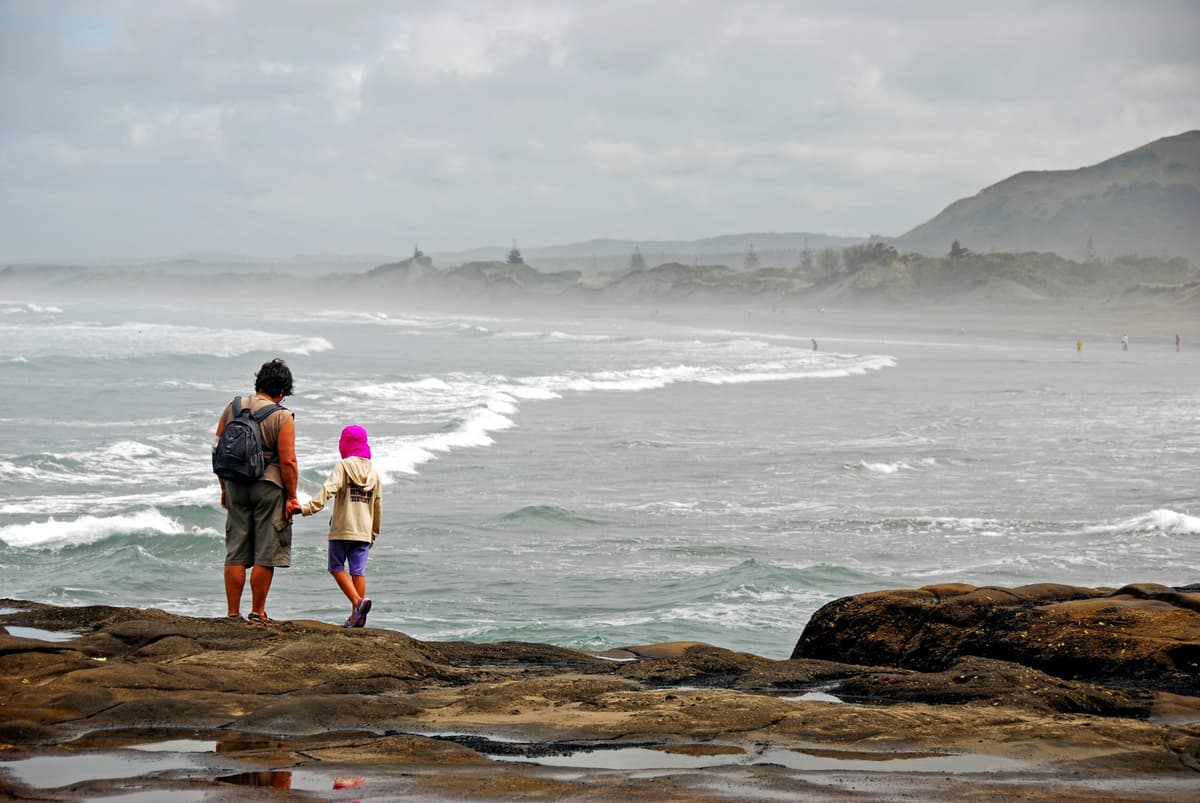

Gladstone-Gallagher R, Hewitt J, Low J, Pilditch C, Stephenson F, Thrush S & Ellis J (February 2024)
The sustainability of marine ecosystems demands a focus on ecological improvement, necessitating managers and conservationists to consider a range of actions from those that limit stressors to those that actively restore. Deciding the most appropriate action should be informed by environmental context, which includes assessing information on both degradation and recovery potential. Here, we provide an analysis of how the degree of ecological degradation coupled with the stressor regime can inform environmental management and conservation actions (e.g., stressor reductions, adaptive management, assisted recovery/restoration). With this analysis we design a risk framework combining principles that define ecosystem resilience and recovery times with those that characterize stressor regimes (i.e., the number, type, and impact). The combination of these principles defines where an ecosystem is placed along sliding scales of degradation and recovery and likely response to protective and restorative interventions. It is designed to facilitate place-based conversations regarding the risks of different management actions informed by the temporal dynamics of ecosystem degradation and recovery.

